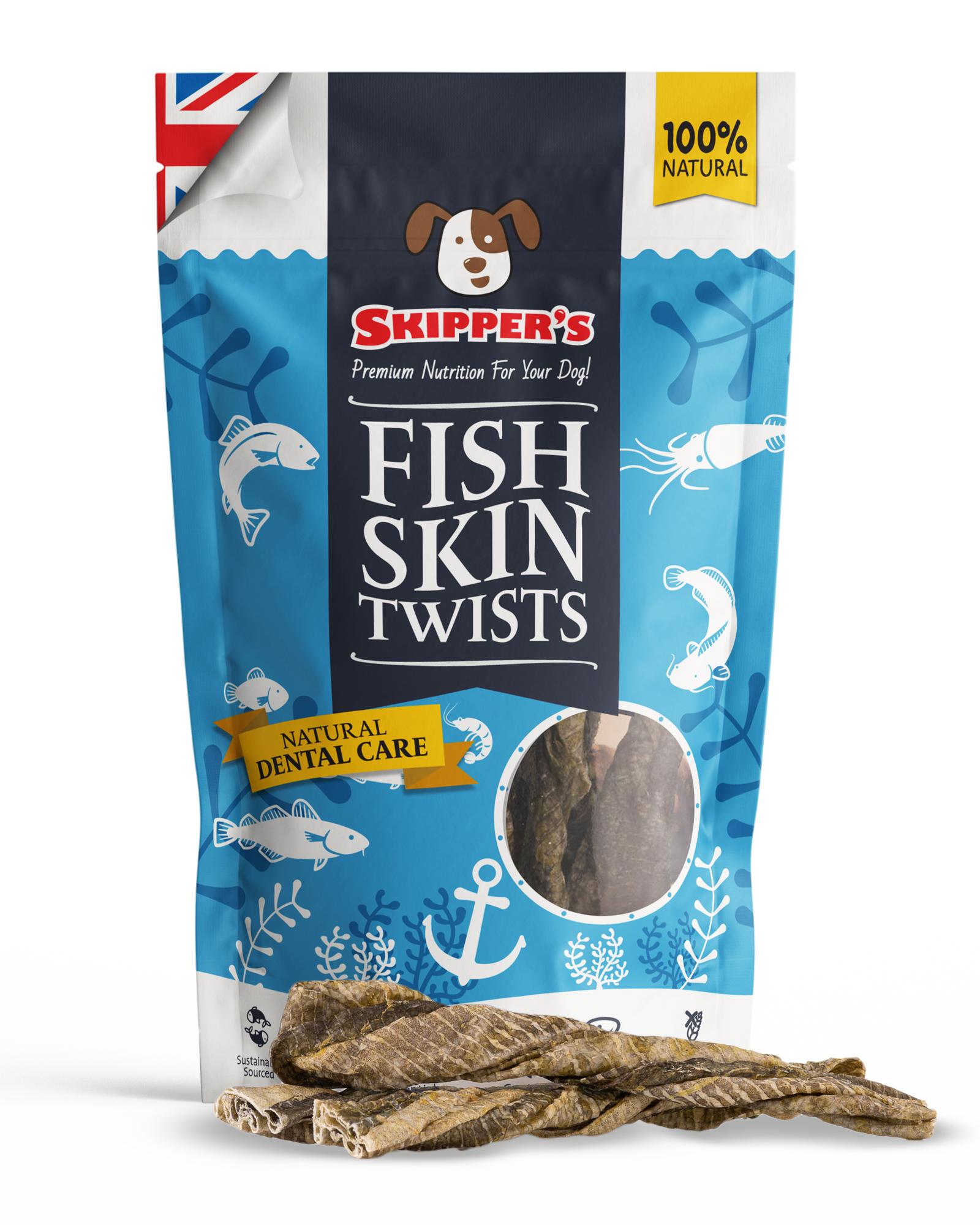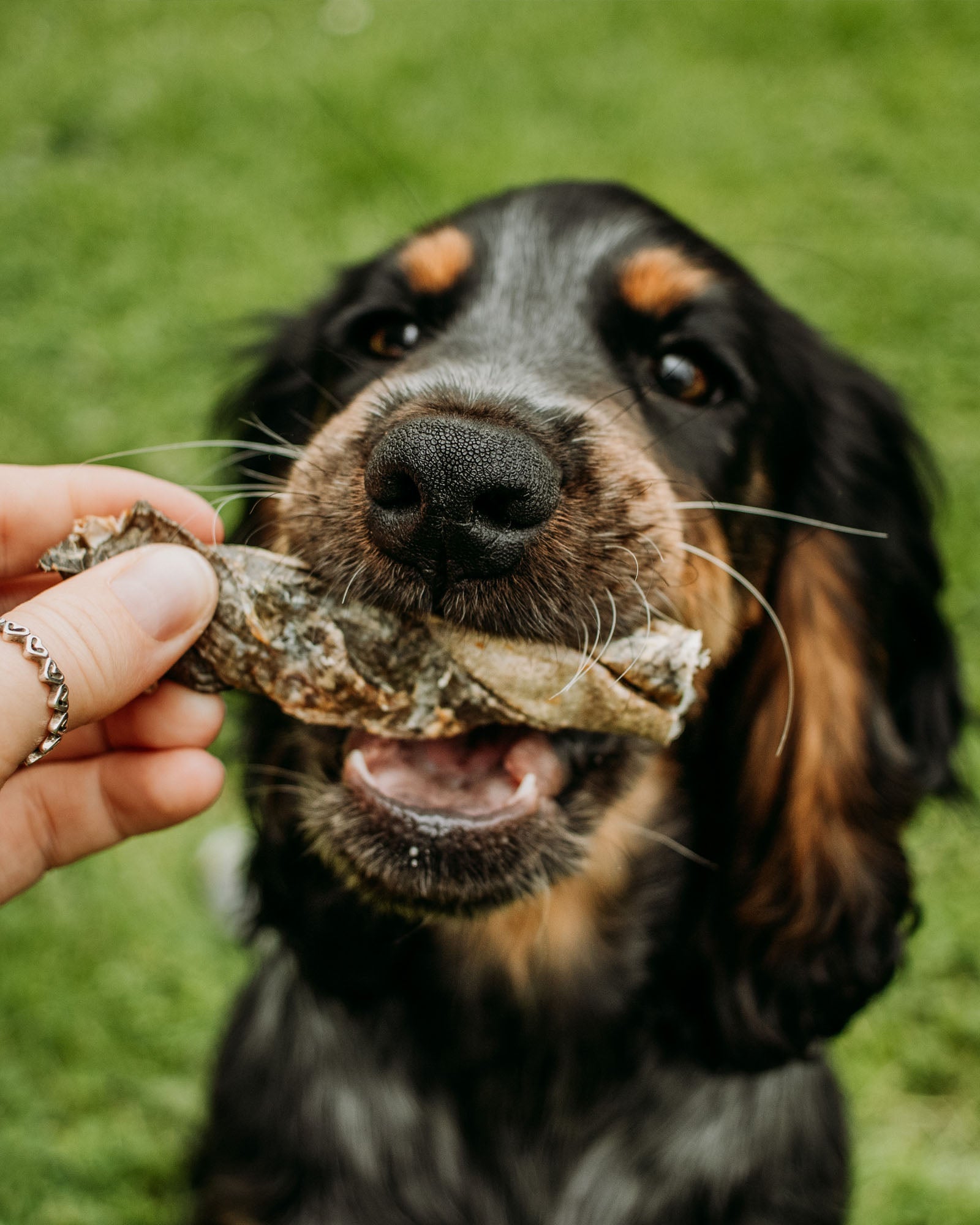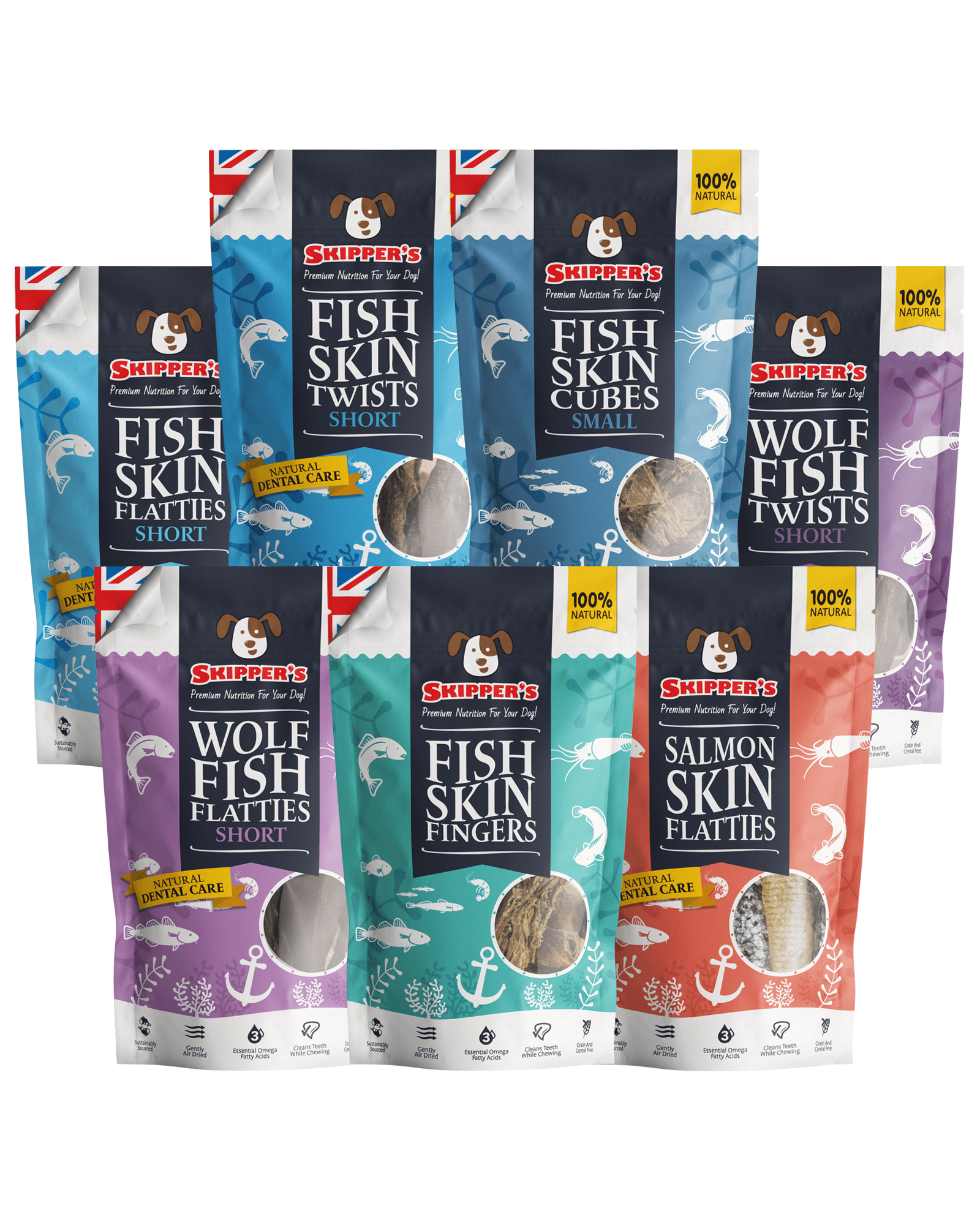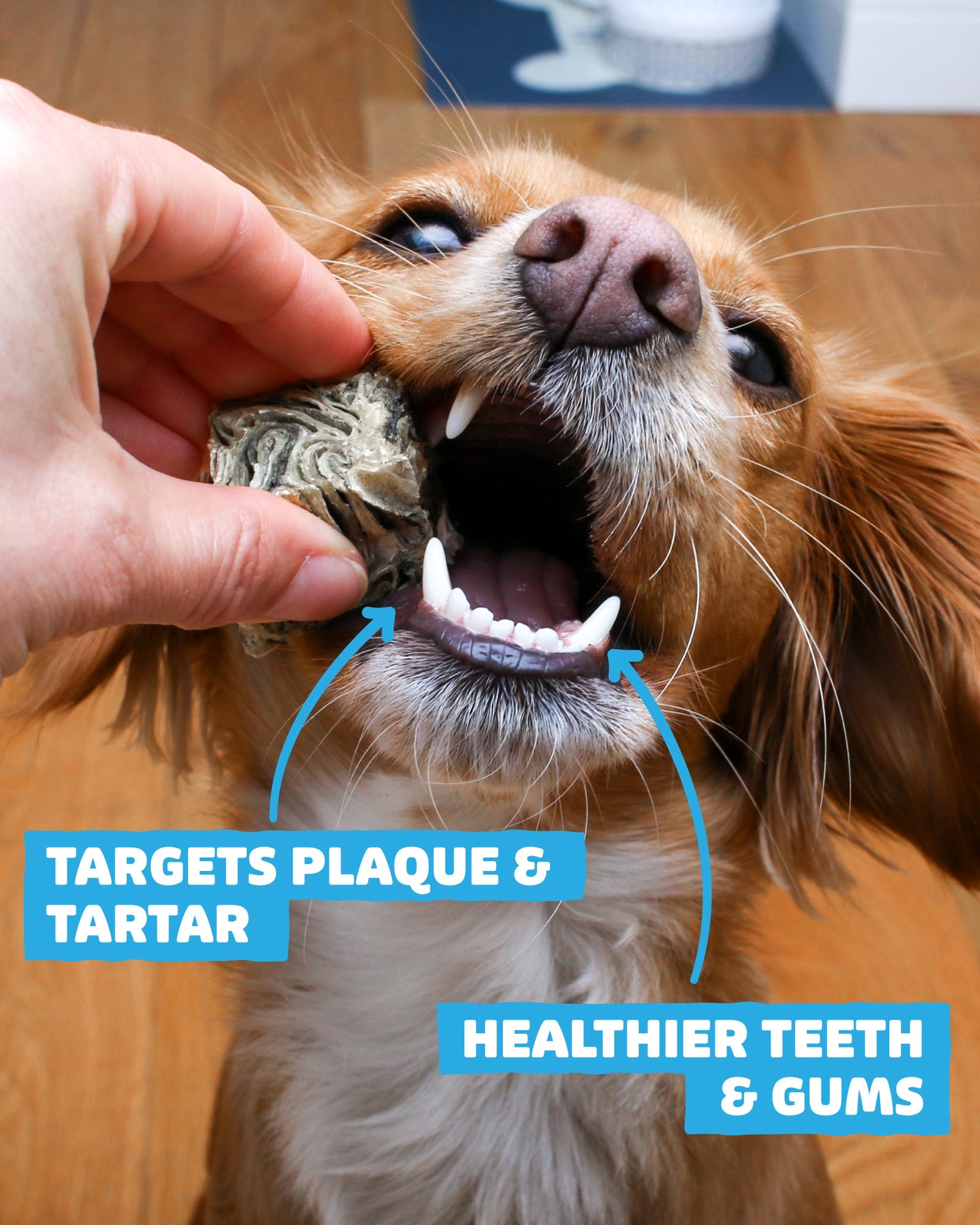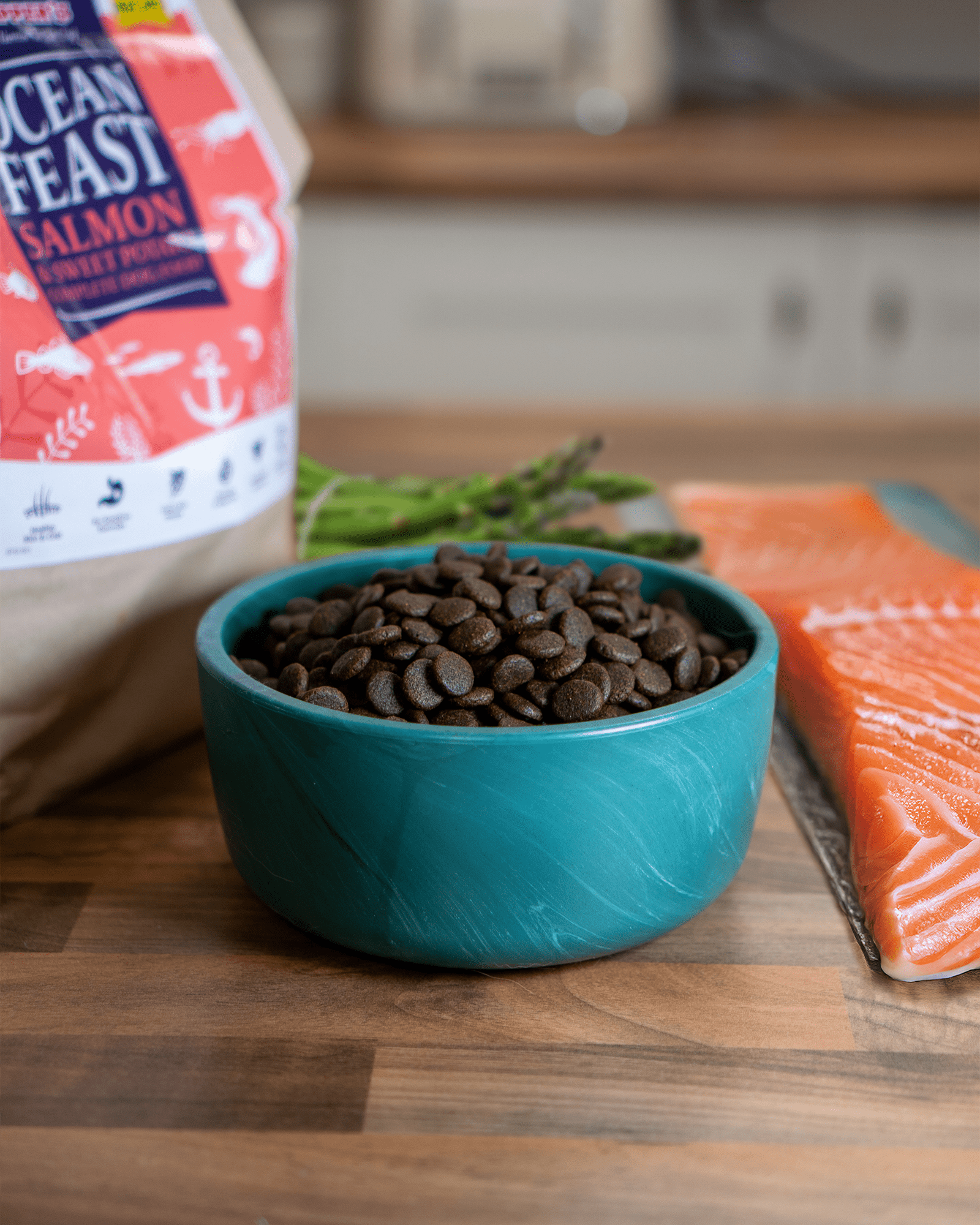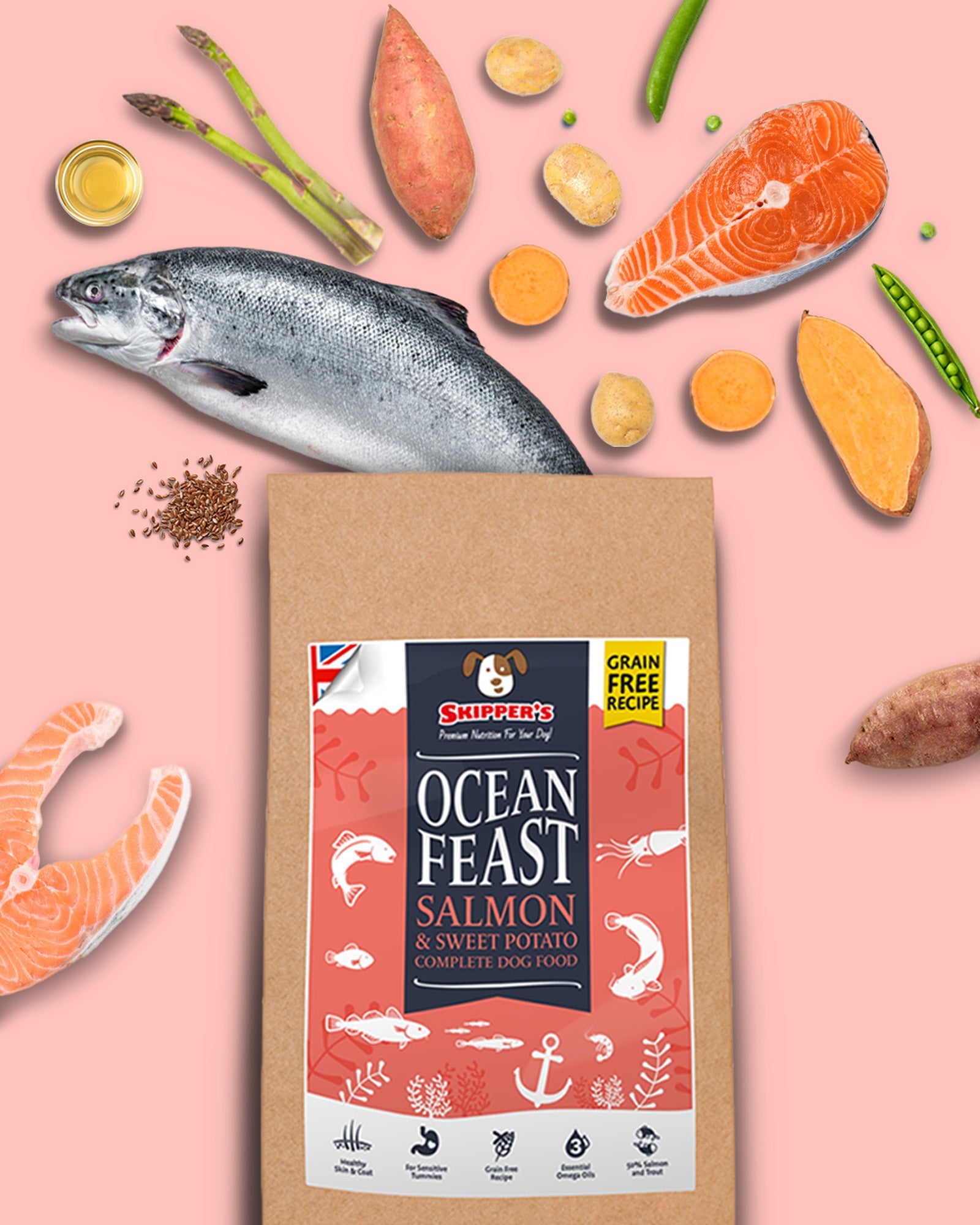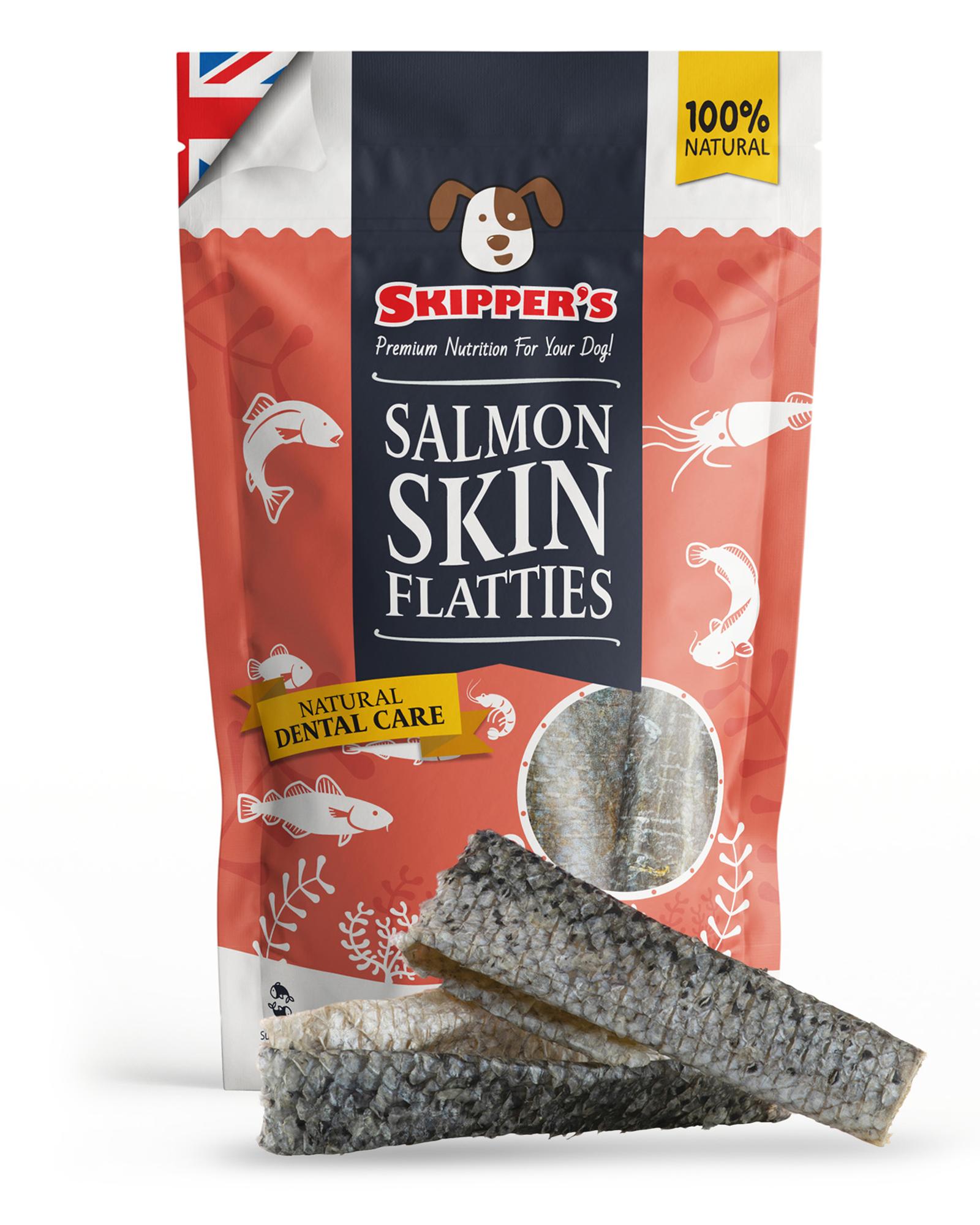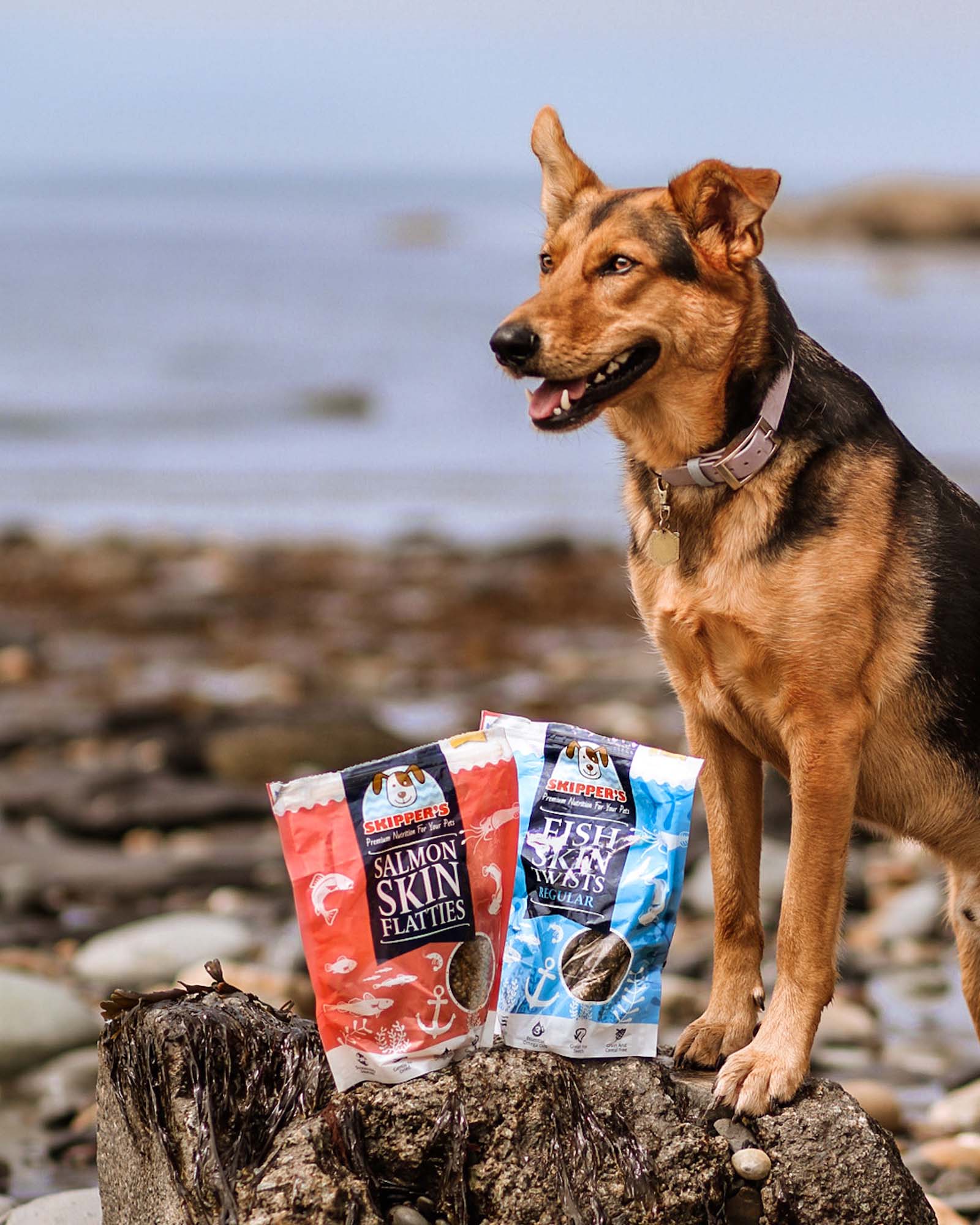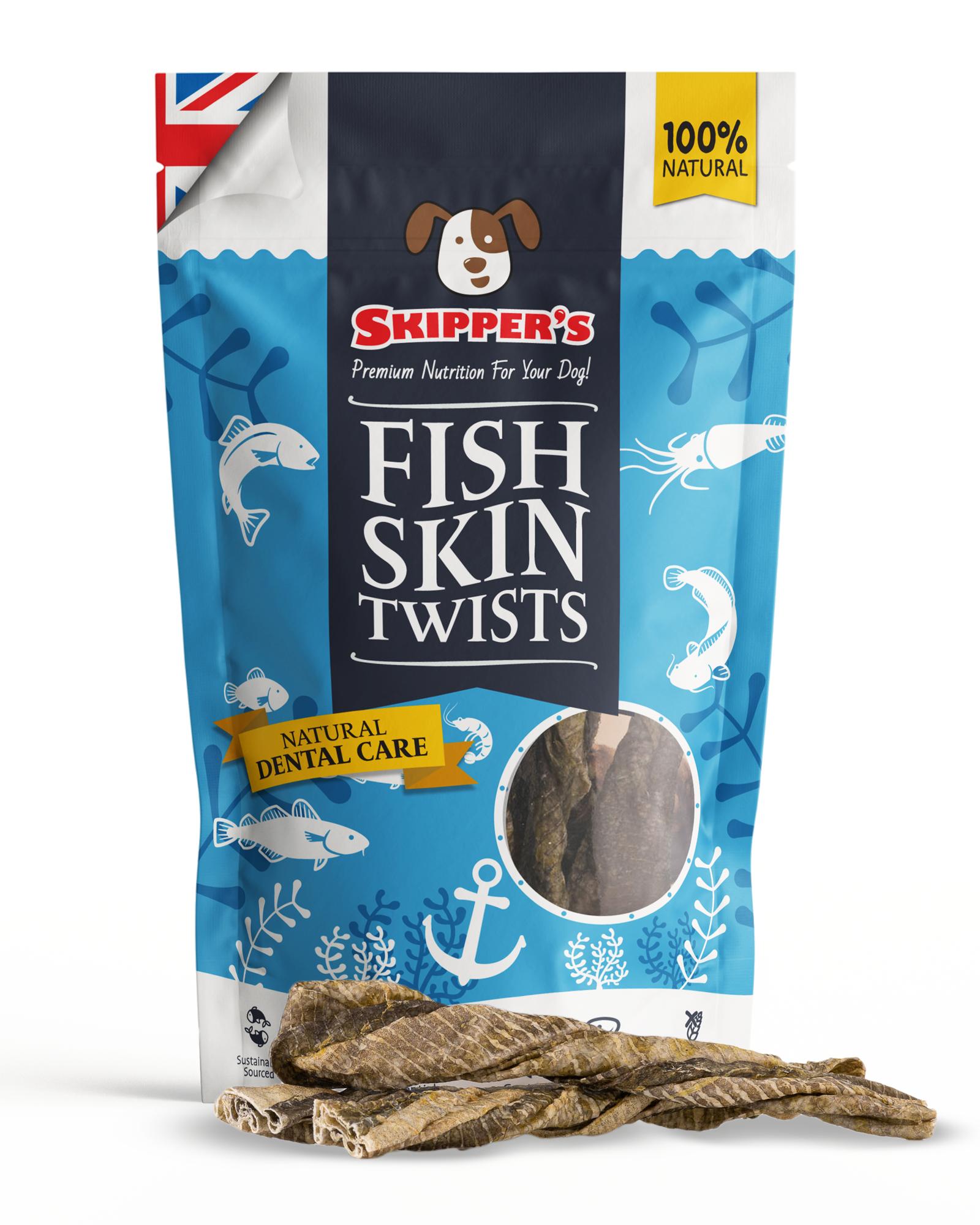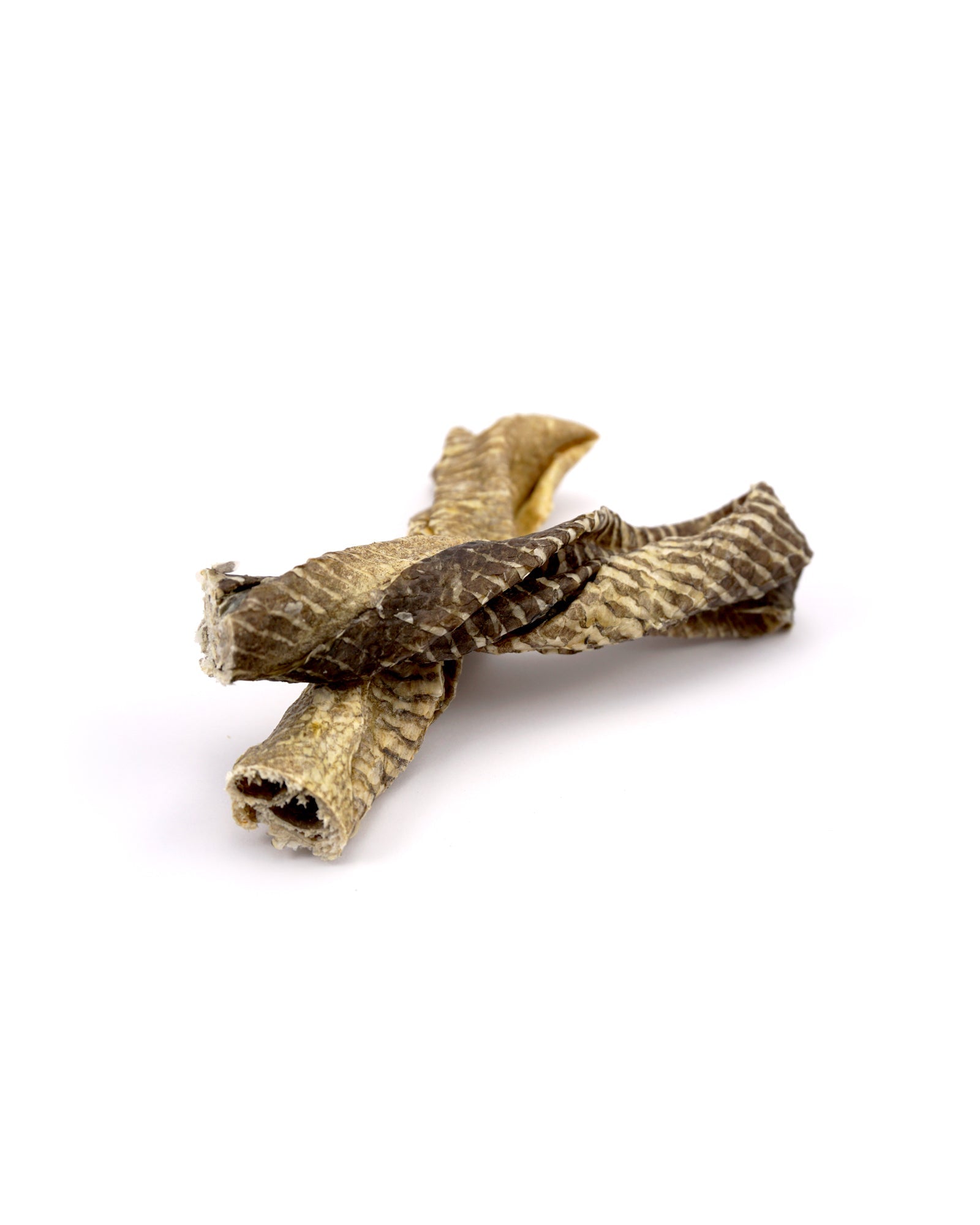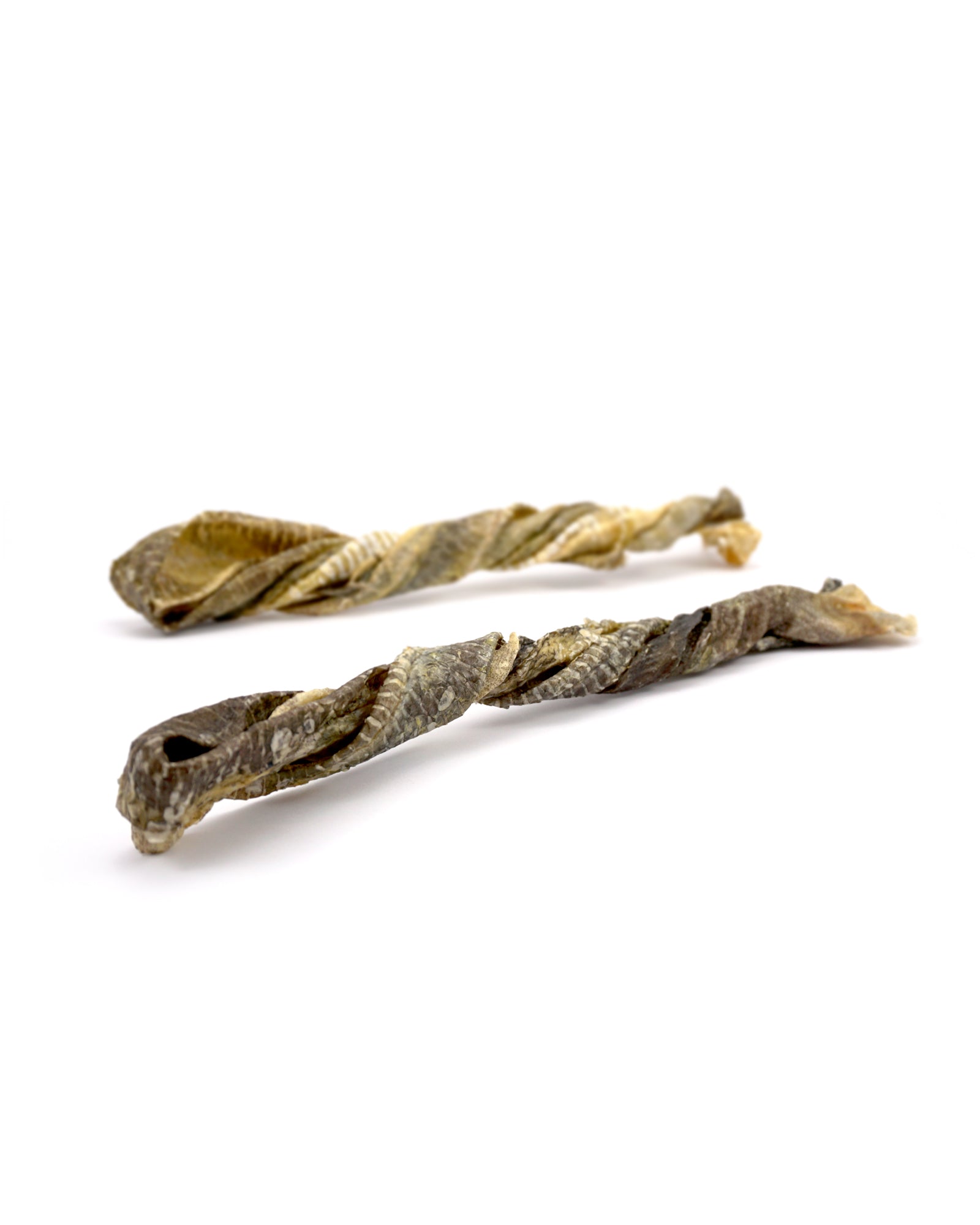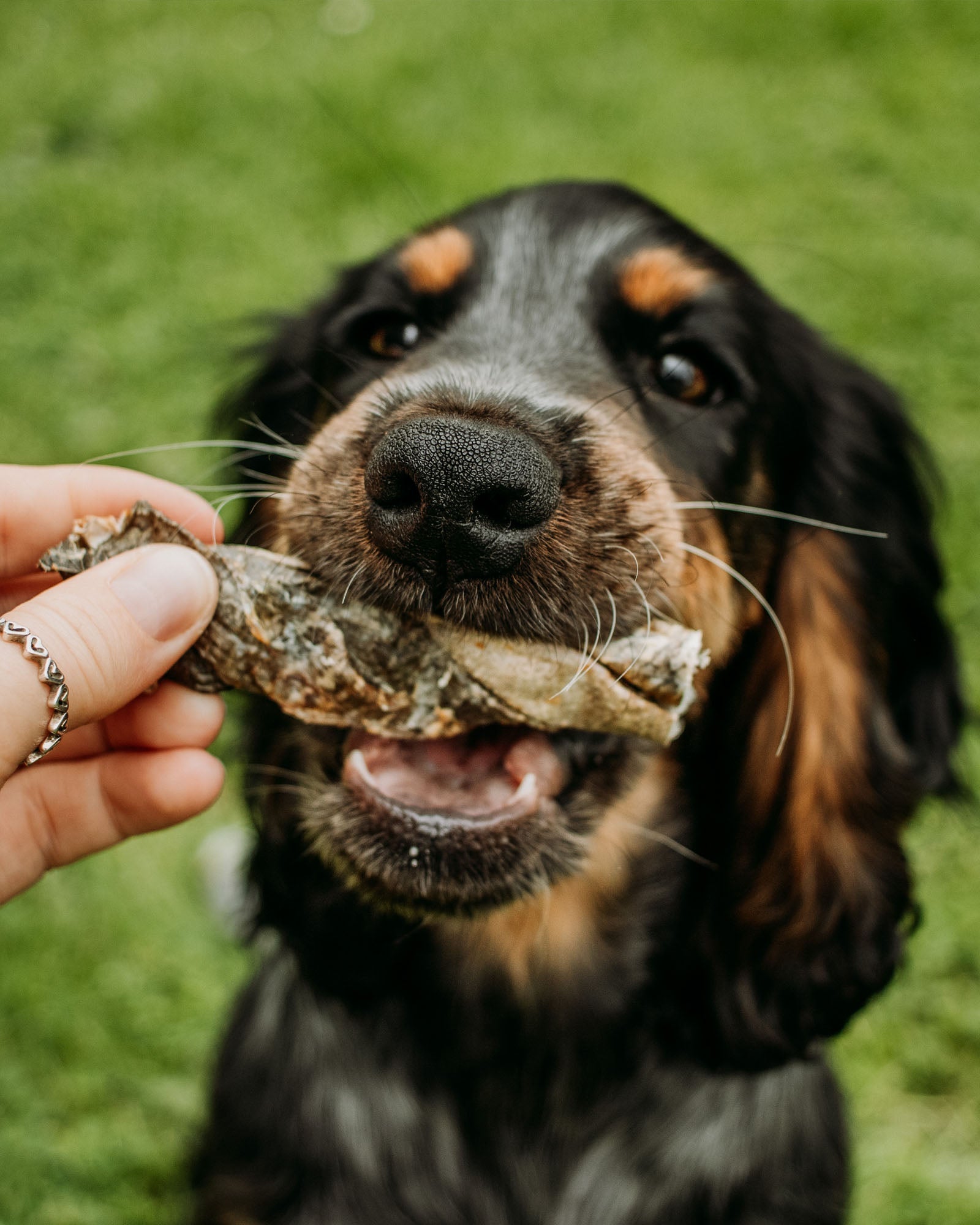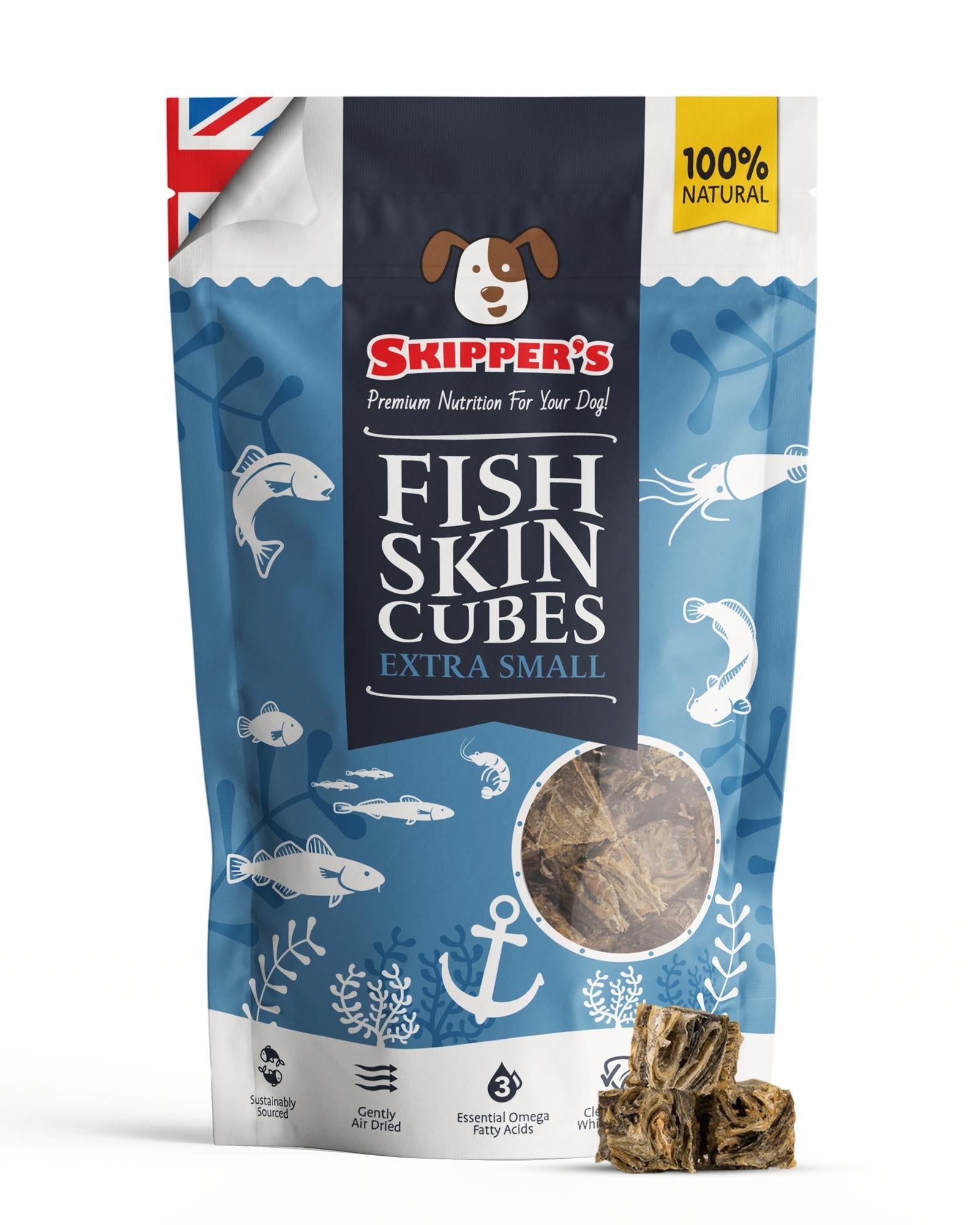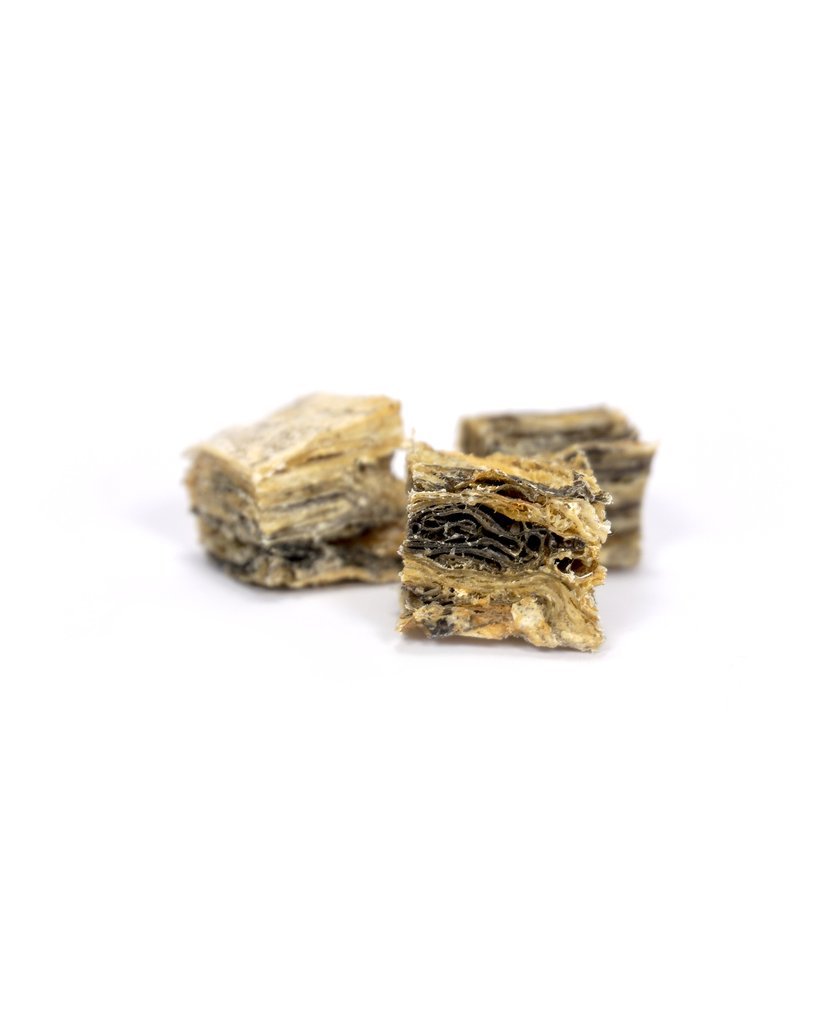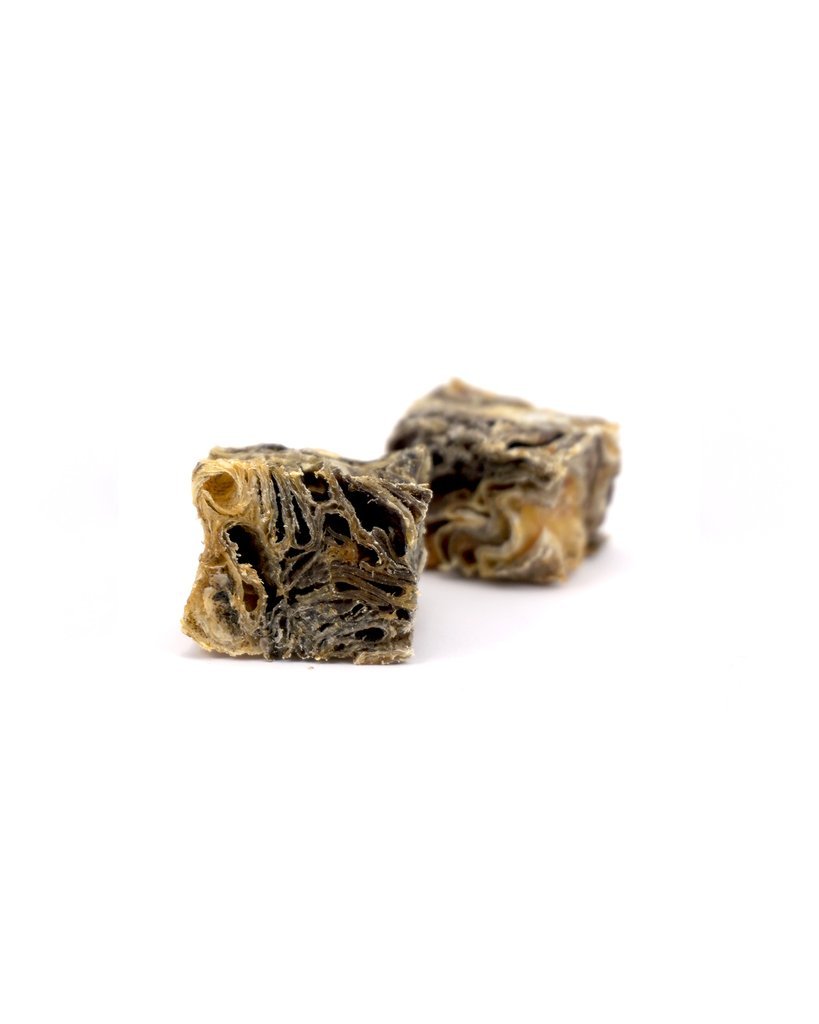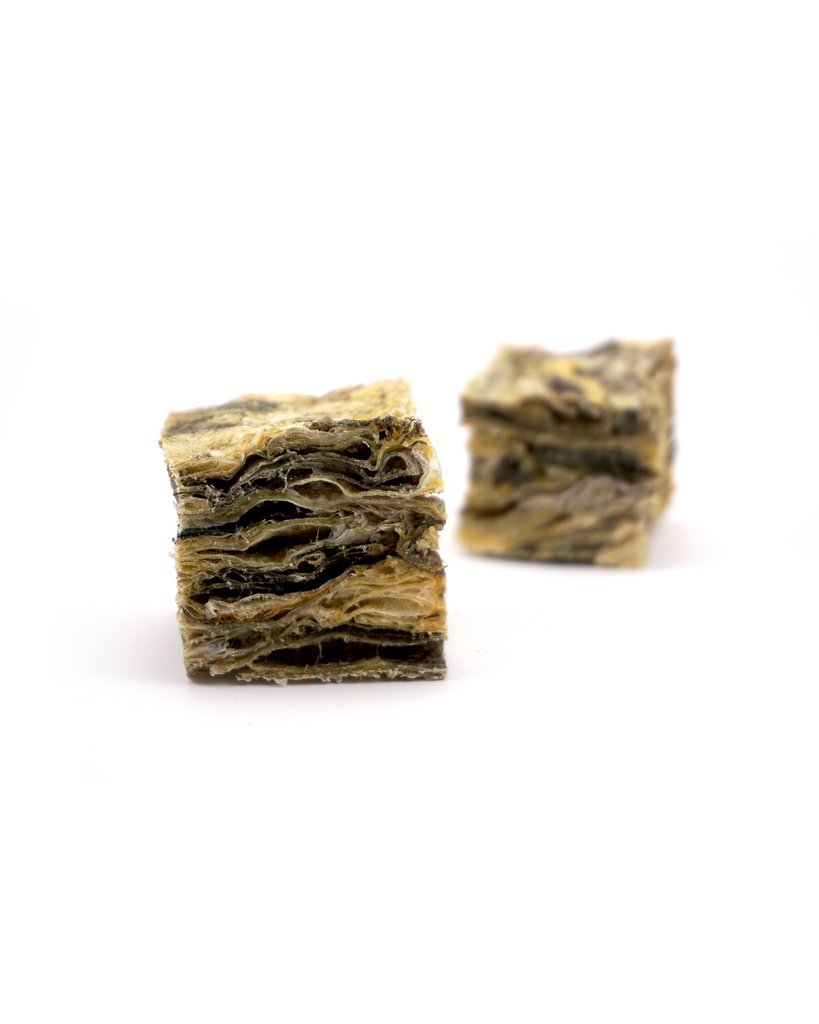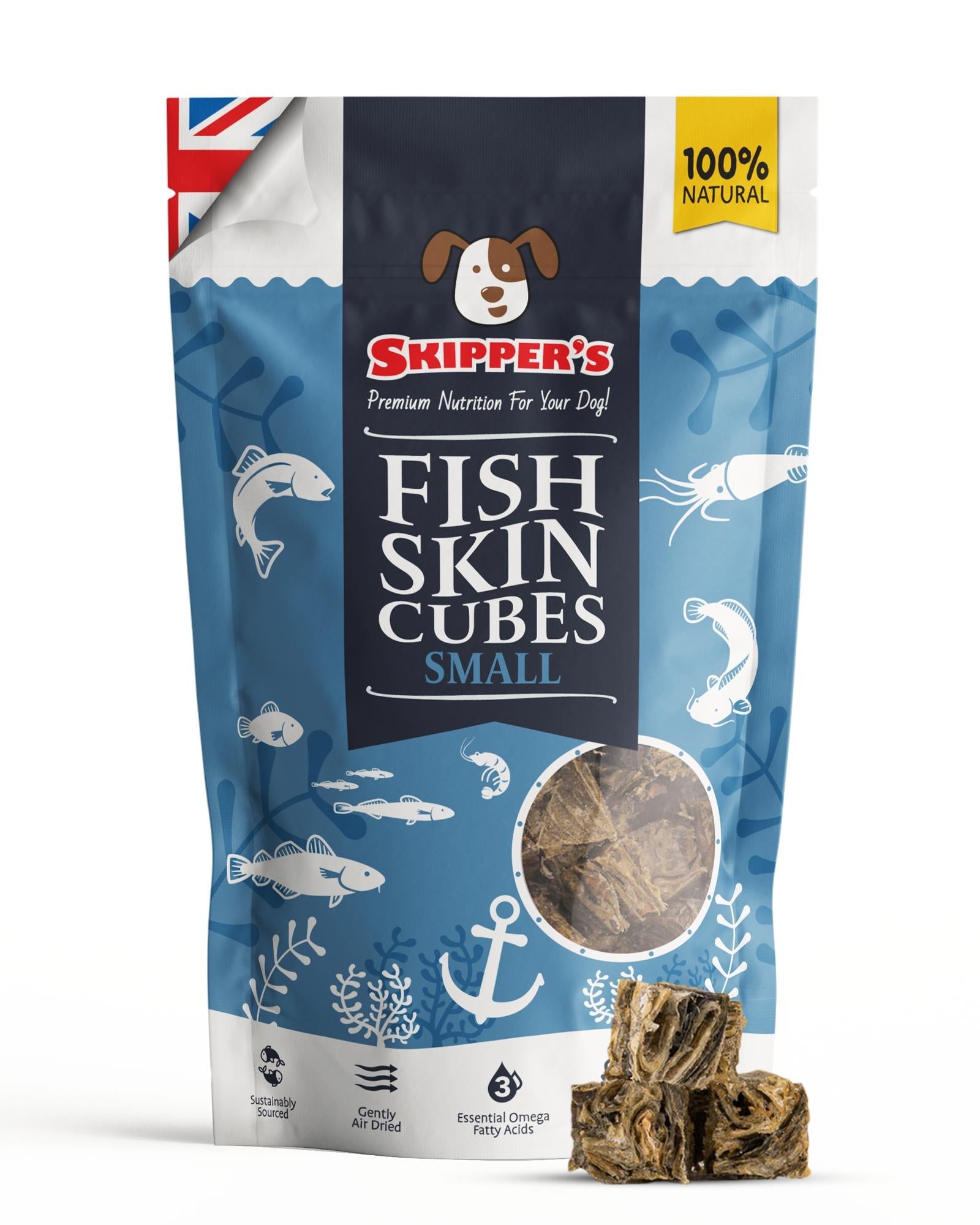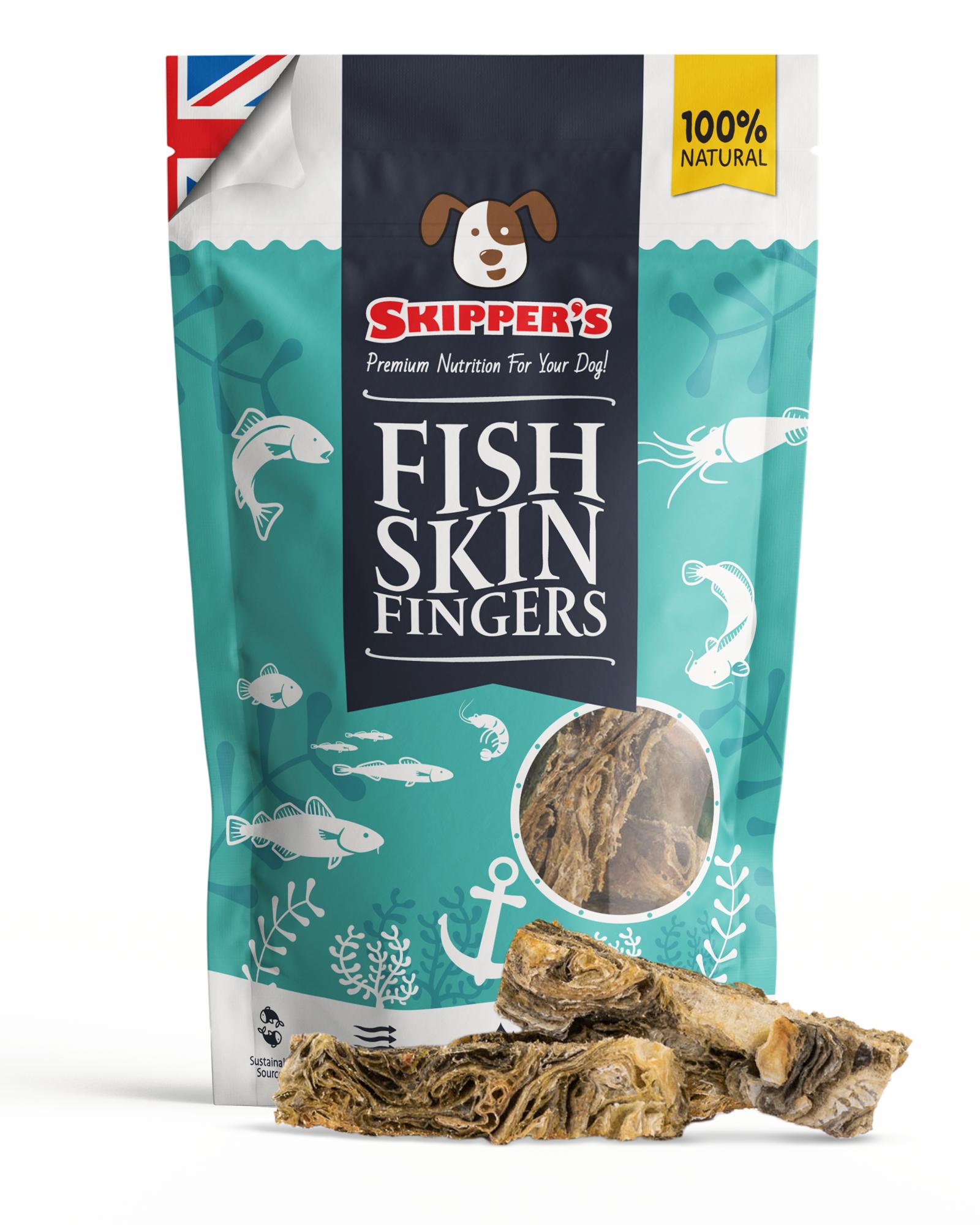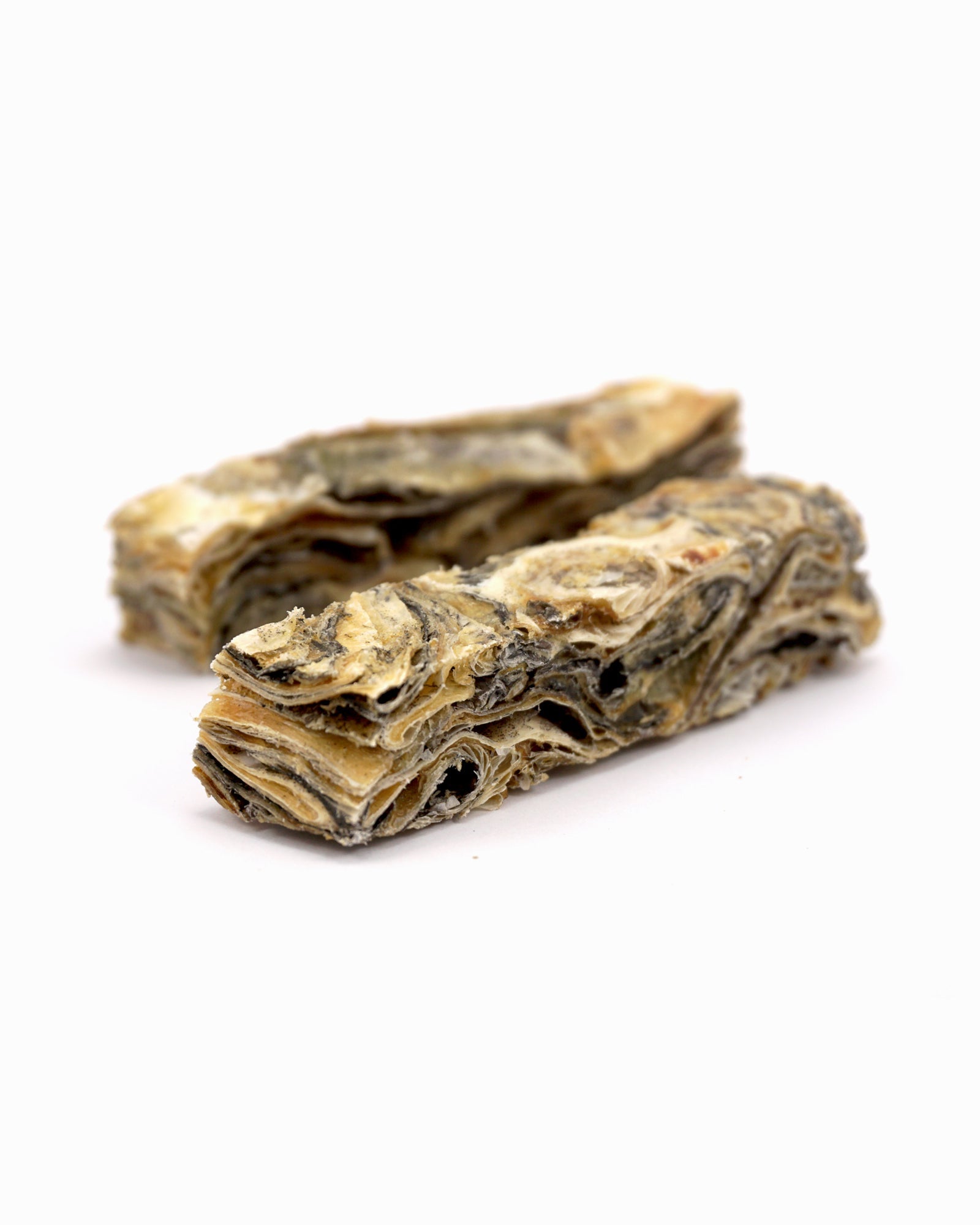When you think of your dog, your first thoughts aren't "I need to check their teeth" or "I need to clean their teeth." It's more... "Look how cute they are!", or, "How many holes will they dig in the garden today?".
Like everybody else, your daily routine consists of brushing your teeth twice a day, it's something you do subconsciously. If you didn't brush your teeth, you would get plaque, and as you know, plaque breaks down your tooth enamel, and unfortunately, this can lead to more serious issues if it is left untreated. Now is the time to think about your dog's dental hygiene!
Signs Your Dog Has A Dental Disease
 |
|
If you encounter any of the above issues, you're not alone. Dental issues in dogs are one of the most common problems that pet owners go to the vets for. Vets treat an average of 11 cases of tooth and gum disease in dogs every week! Over 85% of dogs in the UK over the age of 3 will be affected by dental disease. But, although that is the case, 23% of tooth and gum diseases in dogs are due to the owner’s not brushing their dog’s teeth often enough or correctly, and only a third of British dog owners brush their dog’s teeth!
How often should I brush my dog's teeth?
It is recommended to brush your dog's teeth twice a day with a toothbrush and toothpaste that are specially made for dogs. You have probably tried brushing your dog's teeth before, most likely, it hasn't gone the way you've planned, or it is too much of a tedious process. Unfortunately, most dogs do not like getting their teeth brushed, and it certainly isn't easy to try and get your dog to like it! The fact is, incorporating a daily teeth cleaning routine at an earlier age makes brushing their teeth easier. However, it becomes increasingly difficult to start brushing your dog's teeth the older they get. In most cases, you'll end up with more toothpaste on you than in your dog's mouth.
Natural Dental Chews

|

|

|
Dog owners mainly lean towards dental chews as their main way of cleaning their dog’s teeth. It was surveyed that 63% of dog owners gave their dog dental chews regularly. There are a lot of dental chews on the market. However, a lot of these dental chews are unhealthy and contain Sodium tripolyphosphate (STPP). STPP are ingredients grouped together, therefore the individual ingredients are unknown. Due to this, a lot of dog owners are concerned about sodium tripolyphosphate. STPP is a salt of triphosphoric acid. It is manufactured in chemical laboratories and is used for a variety of things. STPP is mainly used as a powerful cleaning agent and can be found in detergents due to its ability to deeply penetrate the fibres of clothes. In small doses, Sodium tripolyphosphate is found as a preservative in meat and seafood, it slows down the spoilage process.
Additionally, due to the typical dental chew being high in calories, dog owners forget to reduce their dog’s base food when giving a treat. It was found that 53% of owners were feeding treats, in addition to their dog’s base diet, making it one of the most common reasons for excess weight in dogs. Our Skipper's jerky range does not contain STPP and is the perfect, healthy and single-ingredient alternative! You have options such as:
| Fish Finger Skins | Wolf Fish Flatties |
| Fish Skin Twists | Fish Skin Throw Sticks |
| Wolf Fish Twists | Fish Skin Cubes |

The abrasive texture of our treats will rub against your dog's teeth. This will slowly scrape away at your dog's plaque. The hardness of our treats allows for a longer chew time and will get your dog to really work their teeth.
Hear from our customers!

|
Marie T - 5 Star Review "These are fantastic! The dogs absolutely love them and the difference it's made to their teeth and their fur is unbelievable. Maltese are known for having dental issues, so I'm always looking for ways to keep their teeth clean. I use vet recommended toothpaste, but still, for the past two years they needed a dental from the vet. This year, she saw their teeth and said they were so good, no dental needed! They've been having one of these a day for about 6 weeks now, and as well as keeping their teeth clean, it also keeps them busy for a good while as they chew! Definitely recommend these!" |
If you notice that your dog is showing signs of dental disease, it is recommended to visit your vet asap to get your dog’s teeth and gums checked out. It’s better to tackle any issues at the early stages.
How much does dog teeth cleaning cost?
Professional dog teeth cleaning can be a costly procedure and can be heavy on your pocket as well. Instead, if you go for healthier options like Skipper's Dental Chews, you can benefit from both healthy teeth for your dog as well as a cheaper option.

